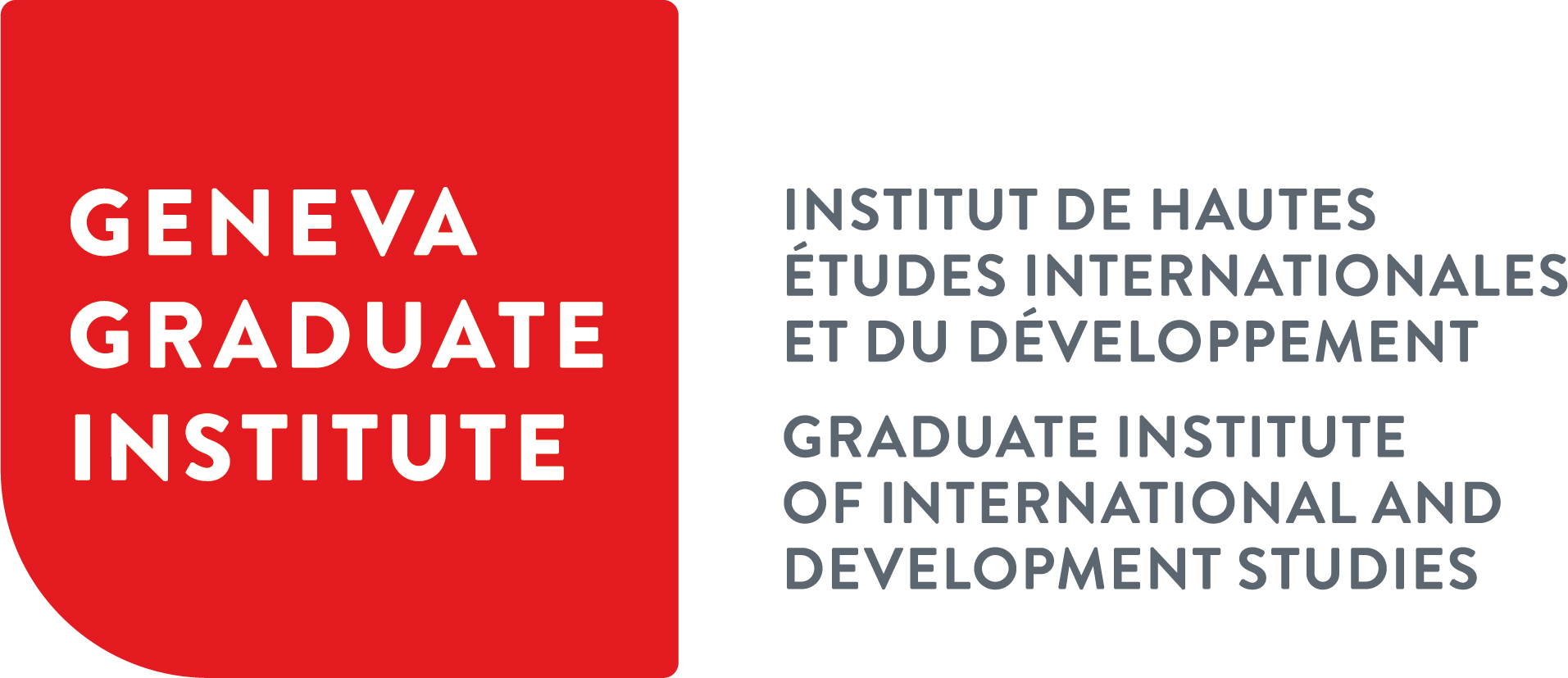News » Referendums on Joining Russia in Luhansk, Donetsk, Zaporizhzhia and Kherson: What Impact on Conflic
Referendums on Joining Russia in Luhansk, Donetsk, Zaporizhzhia and Kherson: What Impact on Conflic
Russia carried out so-called referendums on joining Russia in the Ukrainian regions of Luhansk, Donetsk, Zaporizhzhia and Kherson – which represent 15 percent of Ukraine’s territory and are controlled by Russia.
Residents of these four regions were asked to vote on proposals for their region to declare independence and then join Russia. President Vladimir Putin used these referendums to recognize the territories as Russian, as done back in 2014 for Crimea.
Currently, our Rule of Law in Armed Conflict (RULAC) online portal monitors the following armed conflicts that take place on Ukrainian territory: an international armed conflict between Russia and Ukraine and the military occupation of several territories in Ukraine by Russia.
Our Research Fellow Dr Chiara Redaelli – in charge of RULAC – tells us whether these referendums will affect our classification of these armed conflicts.
What is the Status of the Ukrainian regions of Luhansk, Donetsk, Zaporizhzhia and Kherson?
These regions are occupied by Russia through proxy authorities. A territory is occupied when it is under the authority of a hostile army (Article 42, 1907 Hague Regulations Concerning the Laws and Customs on Land). Such control can be exercised through proxy forces: if a state exercises overall control over de facto local authorities or other local groups that exert effective control over the territory, the state can be considered an occupying force.
Two elements must exist in such a situation. First, the foreign state has overall control over de facto local authorities. Second, the de facto authorities exercise effective control over a territory.
What does international law say about these referendums?
Since these regions are occupied by Russia, the relevant legal framework is the international law of occupation and the four Geneva Conventions.
The rationale underpinning the law of occupation is that the occupying power has to ensure (or restore) public order and security in the occupied territory. However, under no circumstances the occupying power acquires sovereignty over the occupied territory. Therefore, the referendums are illegal under international law.
Do their outcomes affect our classification of the armed conflicts taking place in the region?
Since the referendums are unlawful, their outcome does not affect the classification.
Even if Russia announced the annexation of the four regions on Friday 30 September 2022, such a declaration is unlawful and does not have legal effects.
Luhansk, Donetsk, Zaporizhzhia and Kherson are therefore still part of Ukraine and are occupied by Russia. What might change is the type of occupation. Indeed, while now Russia occupies these regions by proxy, following the annexation it might decide to send Russian individuals to take over the power from the current local authorities.


